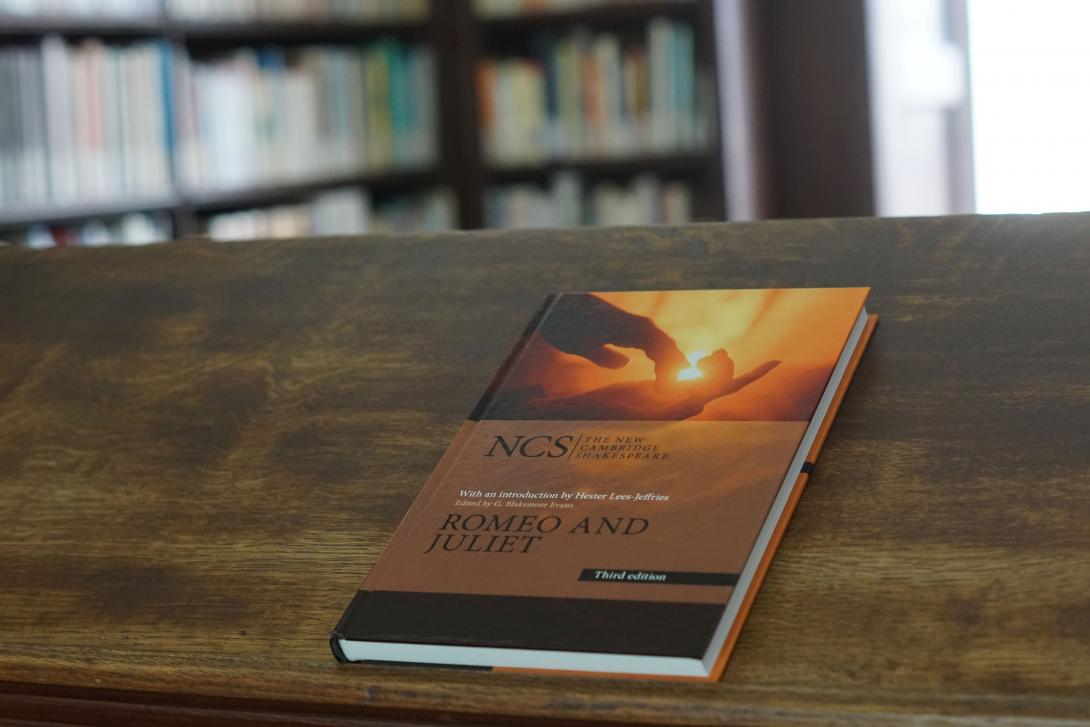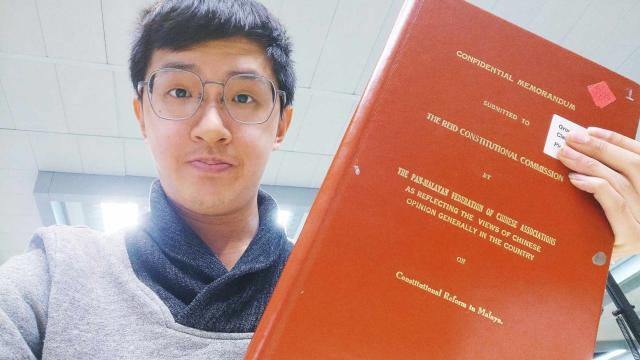
A Fellow of St Catharine’s College has written an entirely new introduction to William Shakespeare’s Romeo and Juliet in an updated edition for the New Cambridge Shakespeare series (Cambridge University Press, 2023).
Dr Hester Lees-Jeffries (2006) is one of the College’s Directors of Studies in English and introduces the original text and existing commentary (from an edition first published in 1984) with a detailed discussion of the latest research about the play’s mid-1590s context as well as its performance, critical reception and cultural impact from the Restoration to the present day.
Dr Lees-Jeffries, who is also University Associate Professor in the University of Cambridge’s Faculty of English, said:
“Romeo and Juliet tends to get taken for granted because so many people first encounter it at school. But it’s an amazing play, both in itself and because it marks a key moment in Shakespeare’s career, when he was starting to write for a stable company of actors whom he knew well. It’s a play that has a continuous performance tradition from the 1660s onwards – and it’s been reimagined in opera, ballet, film and fiction. I enjoyed writing about adaptations in global cinema (there are at least 17 Indian versions, for instance) as well as in young adult fiction and musical theatre, including the current jukebox musical & Juliet – and Taylor Swift’s ‘Love Story’ is discussed on the first page of my introduction.”
Among the productions featured in the new introduction are the Globe’s 2009 stage version directed by St Catharine’s alumnus Dominic Dromgoole (1982, Classics) and the National Theatre/Sky Arts 2021 film directed by alumnus Simon Godwin (1994, English).
The general editor of the New Cambridge Shakespeare series is, coincidentally, alumnus Brian Gibbons (1958, English) and the most recent revised edition of Romeo and Juliet in the New Cambridge Shakespeare series was back in 2003. Since then, one emerging field of criticism has been so-called ‘repertory studies’, which might be thought of as exploring the conversations between plays that were in a company’s repertoire at the same time, in this case, other plays written by Shakespeare in around 1595. For example, as Dr Lees-Jeffries explains:
“Mercutio’s ‘Queen Mab’ speech might at first glance belong in A Midsummer Night’s Dream and Shakespeare seems to have been confident enough in his writing and in his actors to parody his own star-crossed lovers in the ‘mechanicals’’ production of ‘Pyramus & Thisbe’ in that play too. Similarly, Romeo and Juliet and Richard II both make careful use of the upper stage – the gallery over the stage which is now familiar as the ‘balcony’ (a word which Shakespeare never uses!) is also used for the castle walls in a climactic scene in the history play. More unexpectedly, the farewell between King Richard and his Queen echoes the dialogue when Romeo and Juliet meet.
“I was aware that the popularity of this play means that this edition is a particularly good opportunity to include recent research about the play and its original contexts, especially in theatre history: these include insights from archaeological evidence and recent archival work about Shakespeare’s company, including the boy actor who might have been the first Juliet."
When compiling the new introduction, Dr Lees-Jeffries also thought about some of the particular challenges and opportunities associated with exploring Romeo and Juliet in the modern classroom, drawing in particular on her interactions with teachers at professional development events and on social media (she tweets @starcrossed2018):
“This book includes a page of resources on suicide prevention and forced marriage, especially aimed at young people and those who support them. Romeo and Juliet are fictional characters – but actors, directors, students and teachers are real people with real lives. I want to thank Mary Simuyandi, Head of Wellbeing at St Catharine’s, for her support and recommendations in compiling this.”





